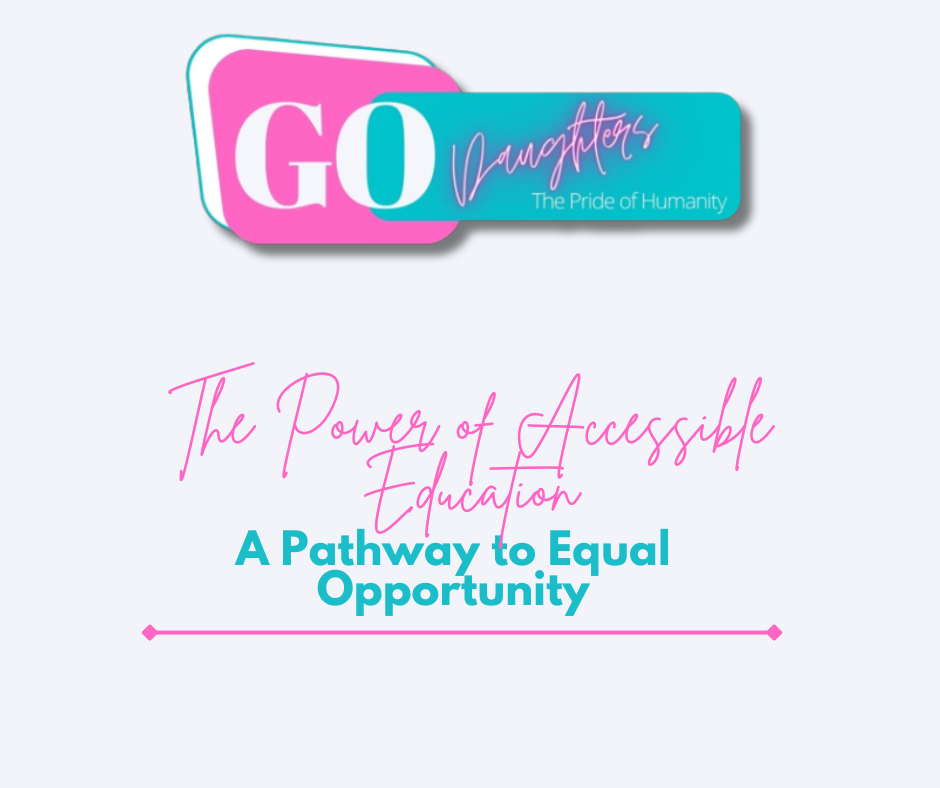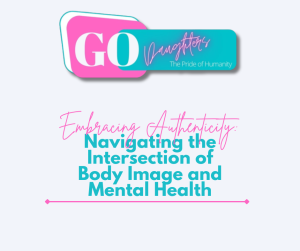
In today’s rapidly evolving world, access to education is a fundamental right that can shape the future of individuals and societies. It serves as a cornerstone for personal growth, economic development, and social progress. This blog explores the importance of accessible education and the transformative impact it has on individuals and communities.
Why Accessible Education Matters
Accessible education is about breaking down barriers and ensuring that every individual, regardless of their background, can access quality learning opportunities. Here are some compelling reasons why accessible education is crucial:
- Equality and Social Inclusion: Education is the great equalizer, providing a level playing field for all. When education is accessible to everyone, it promotes social inclusion and reduces disparities in opportunities.
- Economic Empowerment: Access to education is directly linked to economic empowerment. It equips individuals with the skills and knowledge needed to secure better jobs and improve their economic well-being.
- Innovation and Progress: A well-educated population fosters innovation and drives progress in various fields, from technology and healthcare to arts and culture.
- Global Competitiveness: Countries with a highly educated workforce are better positioned to compete in the global economy. Accessible education enhances a nation’s competitiveness on the international stage.
Challenges to Accessible Education
While the benefits of accessible education are clear, numerous challenges hinder its realization. These challenges include:
- Financial Barriers: The cost of education, including tuition fees, textbooks, and other expenses, can be prohibitive for many individuals and families.
- Geographic and Rural Disparities: In remote or rural areas, access to quality educational institutions and resources is often limited.
- Inadequate Infrastructure: Insufficient infrastructure, such as schools with inadequate facilities and a lack of technology, can hinder the learning process.
- Discrimination and Bias: Discrimination based on gender, race, or disability can prevent certain groups from accessing education on an equal footing.
Solutions for Enhancing Access to Education
To overcome these challenges, governments, organizations, and individuals must work together to promote accessible education. Some key solutions include:
- Financial Aid: Scholarships, grants, and low-interest student loans can make education more affordable for students from disadvantaged backgrounds.
- Online Learning: The digital age has opened up new opportunities for remote and online learning, making education accessible to a wider audience.
- Investment in Infrastructure: Governments should invest in modernizing educational infrastructure, especially in underserved areas.
- Diversity and Inclusion: Promote diversity and inclusion in educational institutions to ensure that all students have an equal opportunity to learn.
Conclusion
Accessible education is a fundamental right that can transform lives and societies. By addressing the challenges and implementing solutions, we can create a future where education is truly accessible to all, unlocking the potential of individuals and fostering a more equitable and prosperous world.




